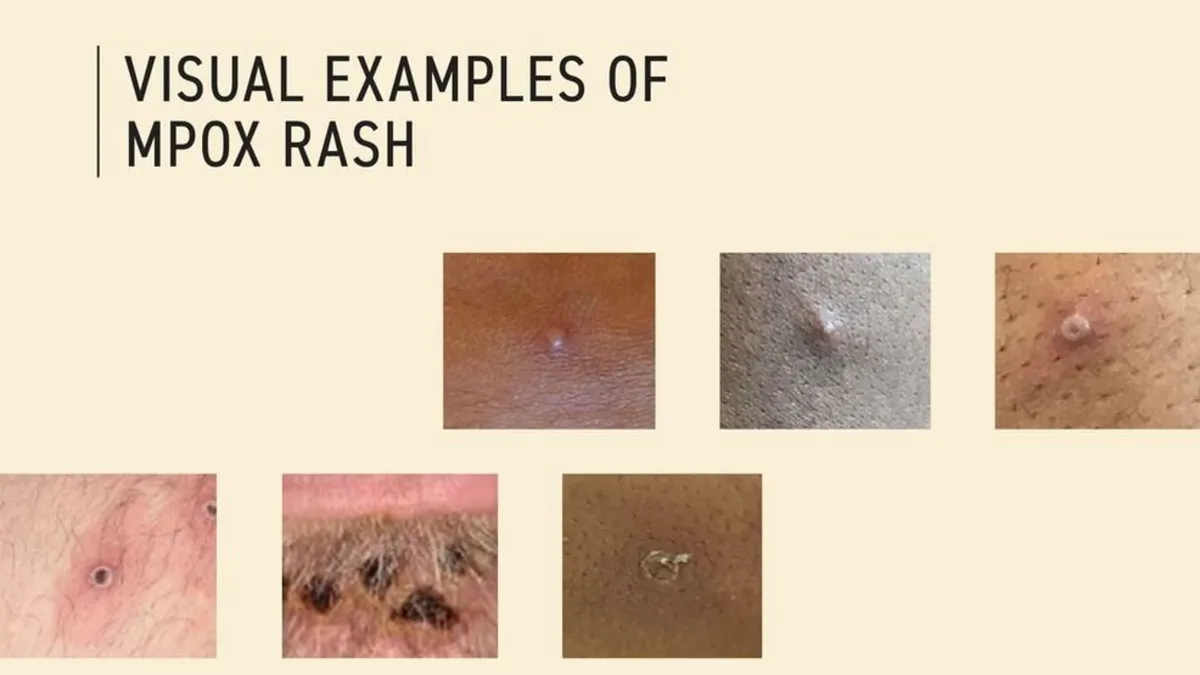
The Washington State Department of Health and the University of Washington have made a significant discovery regarding the clade I mpox virus, commonly known as monkeypox. On September 24, 2023, traces of this virus were detected in wastewater samples from Pierce County. This finding has led the Tacoma-Pierce County Health Department to partner with the Centers for Disease Control and Prevention (CDC) and the state health department to enhance wastewater testing protocols in the area.
As of now, there have been no reported cases of clade I mpox in Pierce County. The CDC has identified a total of six cases of this variant across the United States, all of which are connected to recent travel to regions experiencing mpox outbreaks. Importantly, there has been no evidence of sustained transmission of clade I mpox within the U.S. territory.
Dr. James Miller, the Health Officer for Tacoma-Pierce County, highlighted the necessity of ongoing public health vigilance in response to this discovery. "This is a rare occurrence, and it exemplifies how public health monitors the spread of diseases to evaluate risks and keep the community informed," Dr. Miller stated. He reassured residents that the overall risk remains low but urged those experiencing symptoms to seek advice from their healthcare providers.
Healthcare providers are advised to consider mpox when treating patients displaying a rash indicative of the virus and to review their travel history. It is crucial for all suspected cases of mpox to be reported to the local Health Department. The combination of wastewater testing and traditional clinical reporting is being utilized to facilitate the early detection of clade I mpox.
The mpox virus spreads primarily through close physical contact, including sexual interactions and household exposure. Preventive measures for clade I are consistent with those for clade II. Common symptoms include a rash that may manifest as bumps, blisters, or ulcers, often accompanied by flu-like symptoms preceding the rash. While most individuals recover within two to four weeks, the disease can pose severe risks, particularly for children, pregnant individuals, and those with compromised immune systems.
Residents noticing new rashes or symptoms are advised to avoid skin-to-skin contact and promptly seek medical advice. A vaccine is available for individuals at higher risk of exposure to mpox, and it is recommended for people to consult their healthcare providers or visit local health clinics for more information on vaccination options.